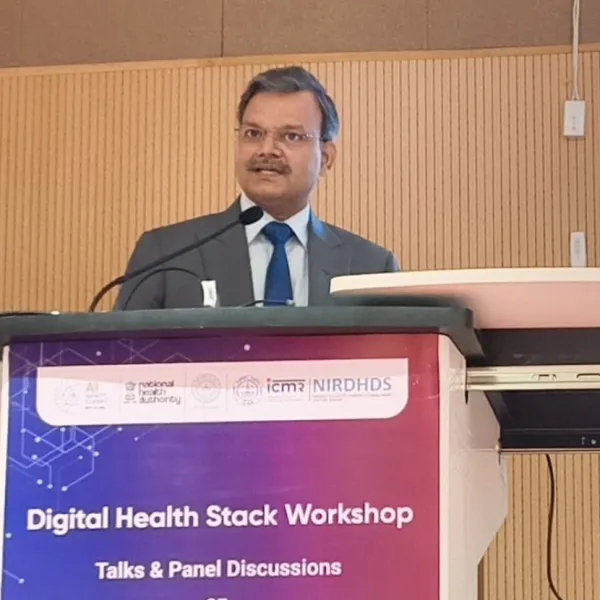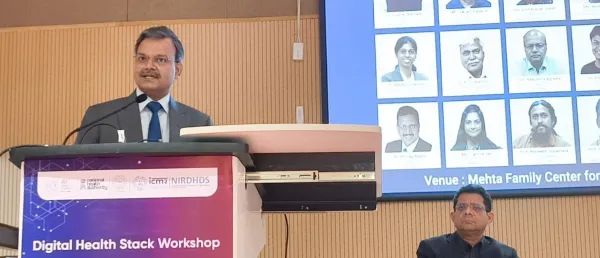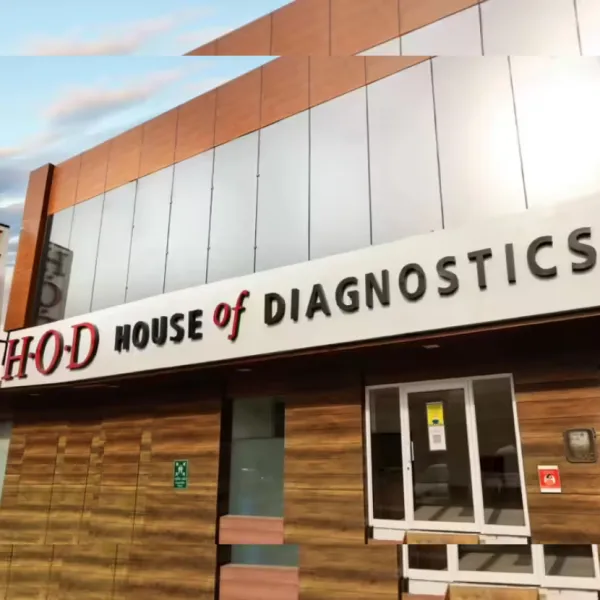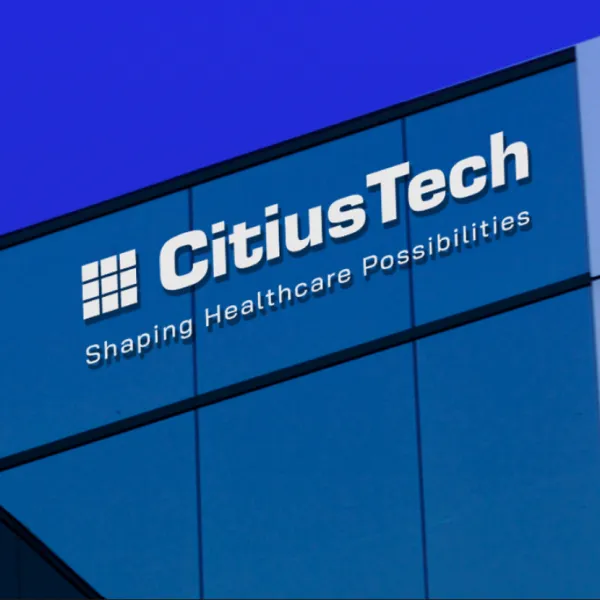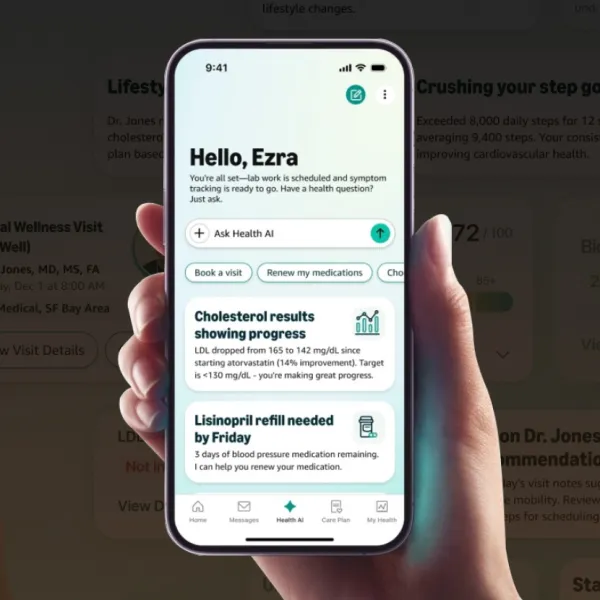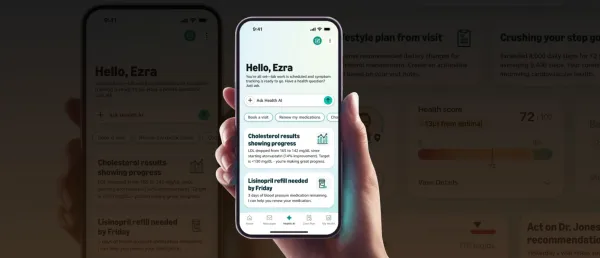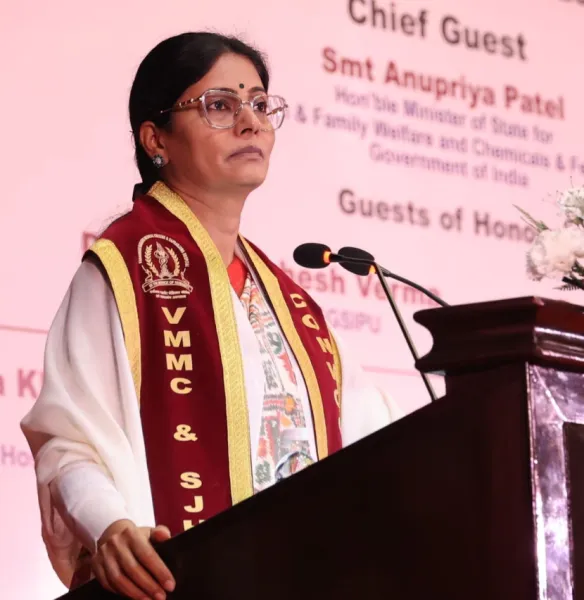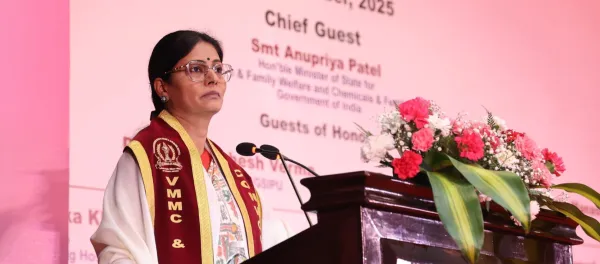CDSCO Launches New Digital Initiatives to Improve Pharma Regulation

These measures are expected to bolster transparency, improve regulatory efficiency, and uphold the safety and quality of pharmaceuticals nationwide.
The Central Drugs Standard Control Organization (CDSCO) unveiled a series of digital initiatives to overhaul the pharmaceutical regulatory framework in India.
The recently introduced measures are expected to bolster transparency, improve regulatory efficiency, and uphold the safety and quality of pharmaceuticals nationwide.
Among the key initiatives announced by the Drugs Controller General of India (DCGI), Dr Rajeev Singh Raghuvanshi is the implementation of the National Single Window System (NSWS).
"The NSWS is designed to provide a unified platform for all regulatory approvals at the national level, reducing the need for multiple interfaces and making the process more streamlined for the pharmaceutical industry," Dr Raghuvanshi stated.
While currently applied to medical devices and clinical trials, the system is set for a phased rollout to include other licensing categories in the future.
Another significant initiative is the Online National Drug License System (ONDLS), dubbed the "One Nation-One Drug Licensing System."
This digital portal, managed by CDSCO, aims to bring uniformity in drug licensing across all States and Union Territories.
"The ONDLS will standardize requirements and interpretations, maintain a comprehensive database of licenses, and enable prompt verification, ensuring that no discrepancies or anomalies arise during the licensing process," Dr Raghuvanshi added.
Furthermore, introducing a Track and Trace System marks another pivotal step by CDSCO. This system is focused on ensuring the traceability of active pharmaceutical ingredients (APIs) and top formulations.
QR codes or barcodes will be mandatory for all APIs imported or manufactured in the country, beginning with the top 300 formulation brands.
Dr Raghuvanshi highlighted that the system will eventually cover all formulations, vaccines, and narcotic drugs, ensuring comprehensive traceability across the sector.
In addition to these measures, CDSCO has also streamlined the functioning of its Subject Expert Committee (SEC) meetings. The new approach allows for more inclusive and efficient applicant presentations, aiming for expedited disposals.
"This process now includes a two-tier appeal mechanism for grievances, facilitating faster decision-making and resolution of disputes," Dr. Raghuvanshi explained.
Regulatory Oversight
To further enhance convenience for consumers, CDSCO introduced a Doorstep Delivery initiative. This measure allows the sale and delivery of prescription drugs directly to consumers' homes via registered emails, a move intended to increase accessibility while maintaining strict regulatory oversight.
Moreover, the SUGAM portal, another digital platform by CDSCO, integrates all import-related processes, clinical trials, human and veterinary drugs, cosmetics, medical devices, and ethics committee approvals.
"The SUGAM portal supports all aspects of pharmaceutical regulation, ensuring compliance and ease of access to regulatory services," Dr Raghuvanshi noted.
These initiatives align with the Government of India's broader "Digital India" mission, which seeks to empower stakeholders through streamlined, transparent, and efficient regulatory systems.
Stay tuned for more such updates on Digital Health News













